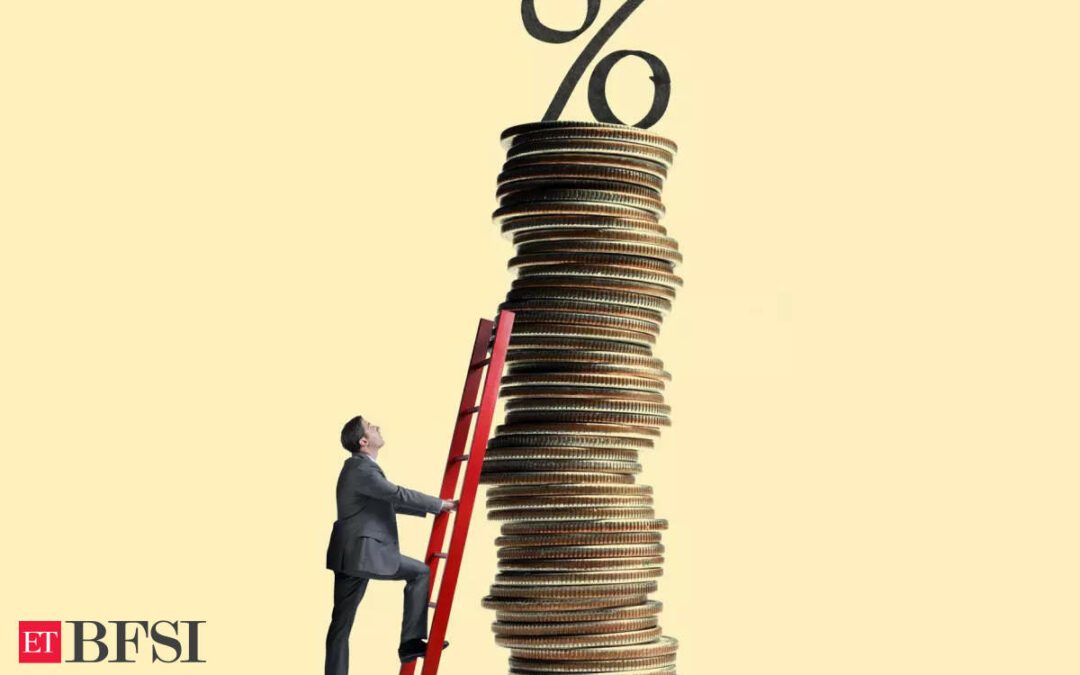The stronger-than-expected real GDP growth print for the third quarter ended December may prompt the Reserve Bank of India (RBI) to continue the status quo on policy rate for a longer time than what was being projected earlier.
A gross domestic product (GDP) growth of 8.4% in the quarter – significantly higher than consensus estimate of 6.6% – has taken away any pressure on the central bank to cut rates, economists said. Many of them now believe that the rate easing cycle may not begin before October.
Also Read| Do India’s stunning 8.4% Q3 GDP numbers have more to it than what meets the eye?
“Given the bullish ‘Goldilocks’ economic assessment, with FY25 growth estimate at 7% year-on-year, and inflation at an above-target 4.5%, we trim our rate cut call to 50 basis points in FY25, starting in October, against our previous expectation of 100 bps by April 2025,” said Radhika Rao, senior economist at DBS Bank.
The road ahead might see a change in stance around the late second quarter of 2024, followed by easing in the second half, hinging on broader macro and global developments, she said.
Suman Chowdhury, chief economist at Acuité Ratings & Research, said, “Clearly, the higher-than-expected momentum in the economy may lead to a tight monetary policy from the RBI for a longer period and any reversal in the current stance is unlikely over the next six months.”
The higher growth was largely driven by gross capital formation due to the government’s thrust on capacity expansion, experts said.
The statistical office has also revised the prints for the first and second quarters at 8.2% and 8.1%, up from 7.8% and 7.6%, respectively.
“The RBI will go strictly by the inflation numbers,” said Madan Sabnavis, chief economist at Bank of Baroda. “The central bank has projected inflation to come to less than 5% only in Q2 and hence this will be the earliest point when one can expect a rate cut, provided monsoon conditions look okay.”
He said inflation would be guided more by monsoon shocks and higher food prices while the world economy appears to have adjusted to the Ukraine and Hamas crises as also the Red Sea issue.
In the February policy, the RBI had projected inflation measured by consumer price index (CPI) at 5.4% for FY24 with March quarter print at 5%. On the assumption of a normal monsoon next fiscal, RBI expects CPI to be at 5% in the first quarter, 4% in the second quarter, 4.6% in the third, and 4.7% in the fourth quarter.
Strong growth coupled with projections of softening in inflation prints in the coming quarters offer a meaningful cushion for policy makers, said Siddhartha Sanyal, chief economist at Bandhan Bank.
“While we continue to believe that rate cuts are unlikely at least in the next couple of monetary policy committee meetings, a key aspect to watch is the RBI’s communication and action on the liquidity front,” he said.










